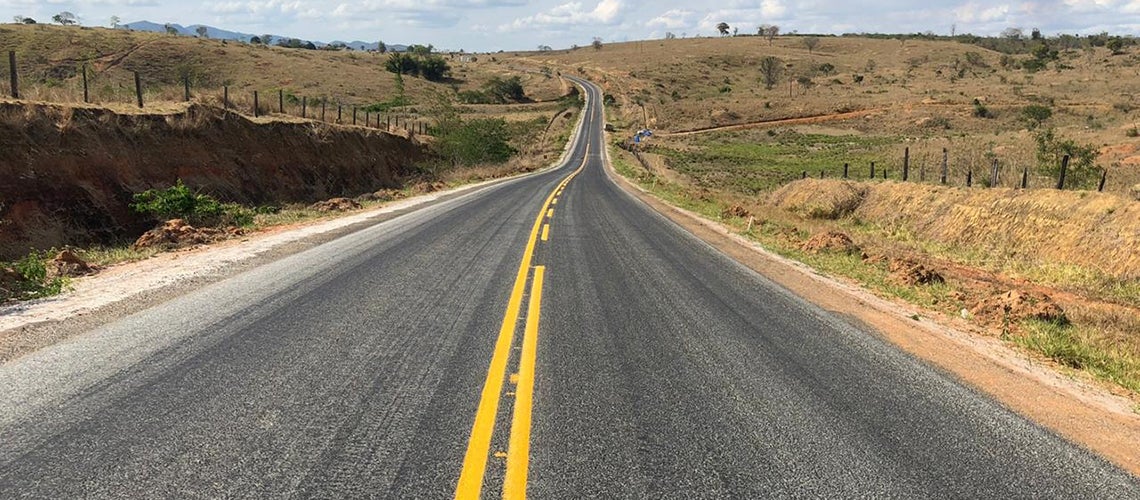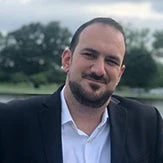 Rodovia recuperada pelo programa PREMAR 2, na Bahia
Rodovia recuperada pelo programa PREMAR 2, na Bahia
For decades, residents of cities near the Pinamirim River in the Sertão region of Bahia feared the rains. The few bridges were precarious, and many people died while trying to cross them. Today, life is better: even when it rains, dwellers can travel to other cities for medical appointments and return on the same day; buy the products they need; children don't have to miss days of school.
In the northern part of the state, where the Tumbalalá indigenous people live, they no longer need to spend an entire day traveling between the cities of Juazeiro and Paulo Afonso. The BA-210 highway was in such a bad condition that it was almost falling apart. To travel to and from major cities and markets, riverside communities and indigenous peoples had to spend at least two days away from home.
Now that the highway is recovered, new mango farming cooperatives are emerging in the region, and part of the tourism that connects Petrolina with the São Francisco River Canyon has been restored.
The stories above reflect the importance of the more than 3,000 km of roads and 1300 interventions in rural roads carried out during the second phase of the Road Maintenance and Rehabilitation Program (PREMAR 2) in Bahia, built on lessons learned from the previous program.
The project improved rural roads in 64 municipalities, increasing access to opportunities and services. Also, the initiative carried out interventions in local roads, all chosen by the residents through public consultations.
Improving infrastructure to save lives
In addition to the improvements in local roads, the program aimed to save lives with road safety programs. Another goal was to improve the highways on which the state depends to connect with the rest of Brazil. Poor road conditions resulted in high logistic costs.
This ambitious program of investment in road rehabilitation and maintenance also brought about an improvement in integrated management. Through PREMAR 2, long-term contracts for road construction and rehabilitation were created through public-private partnerships (PPPs), transferring risks to the private sector. Part of the revenue comes from tolls, with the remainder paid by the state.
As a result, PREMAR 2 comfortably exceeded the initial goal of reaching 2,300 km (or 25% of Bahia's paved road network) with maintenance contracts. The contract model enabled the coverage of 4,328km of highways – of which 3,000km were financed by the World Bank –, which represents 34% of the state's total paved network of 12,800km.
A highly celebrated example was a PPP that supported the construction of a bridge over the São Francisco River. With this bridge, the days when people had to wait for hours in line for a ferry, as well as the fear of crossing the river in rainy or windy days, were left behind.
Planning the next steps
Given the fundamental role that road transportation plays in the Brazilian economy, it is crucial to continue seeking efficient and innovative approaches to keep the roads in good condition.
The project has been considered highly relevant, efficient, and effective since it has brought benefits in terms of access to jobs, health, education, and markets. To continue advancing, we are already preparing a new project.
The new initiative – Bahia Pro-Roads Project (P180555) – aims to strengthen connectivity and access in low-income regions of Bahia but in a resilient manner against extreme weather events. Additionally, it aims to continue contributing to environmental and fiscal sustainability in managing the logistics network, including the highways, of the state.
To receive one article a week,
Related articles:




Join the Conversation